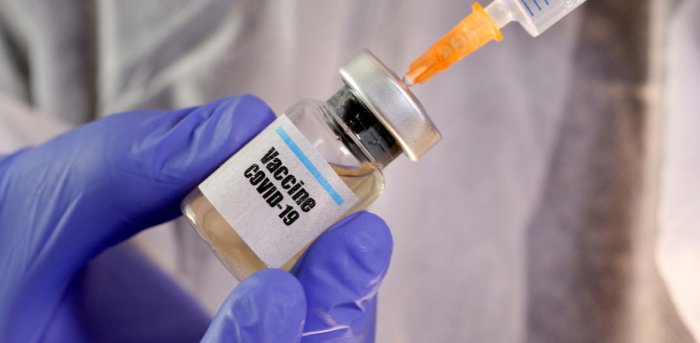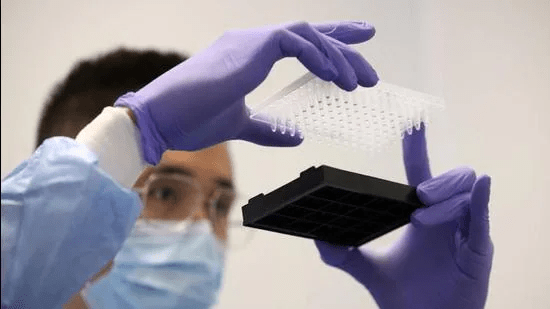The Drugs Controller General of India (DCGI), Dr V G Romani on Tuesday has the granted the approval to the Russian Covid-19 vaccine Sputnik V for emergency utilization in India, which is just a day later the expert committee of DGCI advised about not adequate data to support the fact about the vaccine utilization.
On Tuesday, Dr Reddy’s labs, conducting the clinical trials in India released a statement that they had received an approval from DGCI over emergency use. The company will be then importing the vaccine for usage in India.
GV Prasad, Managing Director and Co-Chairman of Dr Reddy’s Labs said, “We are very pleased to obtain the emergency use authorisation for Sputnik V in India. With the rising cases in India, vaccination is the most effective tool in our battle against Covid-19. This will enable us to contribute to our nation’s effort of vaccinating a significant proportion of our population.”
Dr Reddy’s had collaborated with the Russian Direct Investment Fund (RDIF) in September 2020 for conducting clinical trials of Sputnik V and for its distribution in the country.
The vaccine has been granted approval for usage in 60 countries globally. According to an article published in Lancet, the efficacy of the vaccine Sputnik V has been identified as 91.6 %. The efficacy has been concluded based on the phase 3 clinical trials and for India, the vaccine has been tested on 1,600 people in phase 2/3 trials.
RDIF in a statement, “India is the most populated country to register the Russian vaccine. Total population of 60 countries where Sputnik V is approved for use is 3 billion people or about 40% of the global population. The vaccine has been registered in India under the emergency use authorisation procedure based on results of clinical trials in Russia as well as positive data of additional Phase 3 local clinical trials in India conducted in partnership with Dr. Reddy’s Laboratories. India is the leading production hub for Sputnik V. RDIF has reached agreements with the leading pharmaceutical companies in the country… aimed at production of more than 850 million doses per year.”


